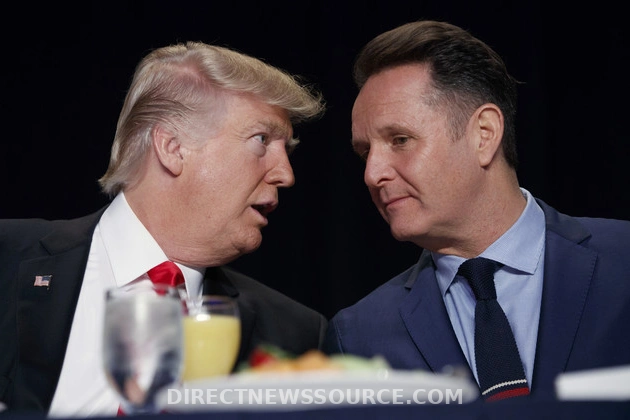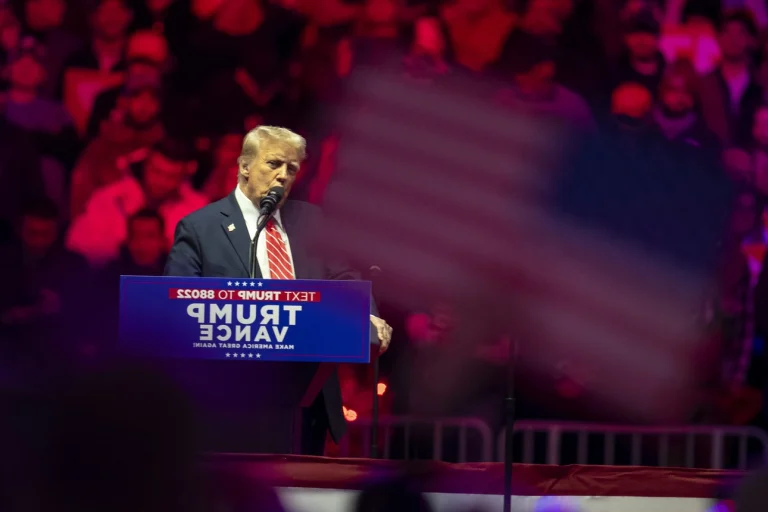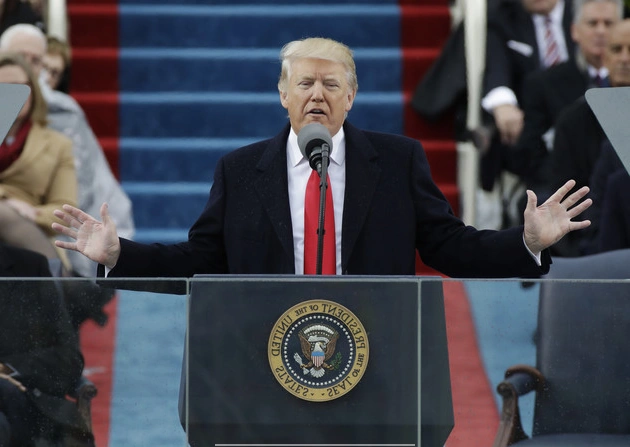
Trump's Special Envoys: Navigating Overlapping Roles and Potential Challenges
Understanding Trump’s Approach to Special Envoys
President-elect Donald Trump has nominated multiple individuals for various foreign affairs positions, leading to a scenario of overlapping roles and potential confusion regarding responsibilities.
The appointments include special envoys whose specific duties remain unclear, resembling functions typically carried out by ambassadors, assistant secretaries of State, and National Security Council members.
Implications of Multiple Special Envoys
With nominees for roles such as special envoy for the United Kingdom and advisors for the Middle East, the landscape is becoming increasingly crowded. The presence of envoys for distinct regions and purposes raises questions about decision-making processes and policy coordination within the administration.
Potential Senate Confirmation and Temporary Appointments
While many special envoy positions require Senate confirmation, temporary appointments can be made without such approval for a limited period. This flexibility enables swift placement of envoys, albeit with potential uncertainties surrounding their functions.
Analysis of Trump’s Strategy
Former U.S. ambassador John Feeley suggests that Trump’s approach involves strategic placements to advance his agenda swiftly. However, the lack of clarity on roles and responsibilities could hinder effective policy-making and international engagements.
Overall, the proliferation of special envoys under Trump’s administration raises concerns about decision-making processes, potential conflicts of interest, and the overall efficacy of U.S. foreign policy.















